Safety cut-offs for electric boats
Club and racing event rules are now such that the power train of an electric powered boat needs to be capable of being completely disabled in some way. This feature is especially important for the safety of people in general, but especially for those people in the rescue boats! After all many electric boats have far more power than petrol boats and arguably they can be more unpredictable in a “failed” situation. This article describes some of the options available to provide a reliable safety cut-off.
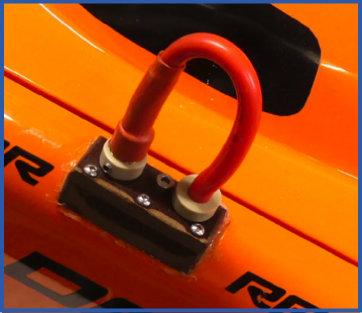
Shafts – a user’s guide
As boaters we all have a first hand knowledge of transferring motive power to the propeller in some
way or another. However, in the specialist field of racing boats there have been a few refinements
to the well-tried methods and these are described in this article. In the main there are two types of
power transmission: first by a flexible shaft and second by a rigid shaft, but now there are relatively
new hybrid systems which might be of interest to boat builders.
Please click the link below to download a PDF document generously provided by one of our members.
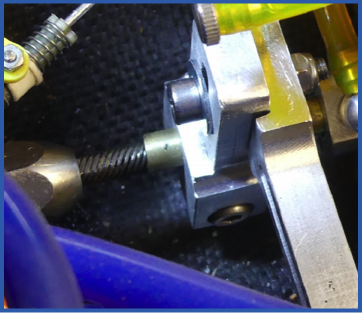
Data logging for electric boats – why bother?
We all enjoy running our boats and increasingly more people are choosing electric boats. They’re
great fun when they go well, but not so great when components fail, solder melts, the unforgettable
smell of a burnt out ESC fills the air, and so on – they’re usually very expensive outcomes!
Nevertheless, for maximum “fun” the power trains of most electric boats tend to be run near, at, or
well beyond, their safe limits, so it’s no wonder there can be a few problems.

Electric power for boats
There is a complete spectrum of the types of boats used within the Club – from the
modified ready-to run boats, out-and-out racers and a good number of scale boats.
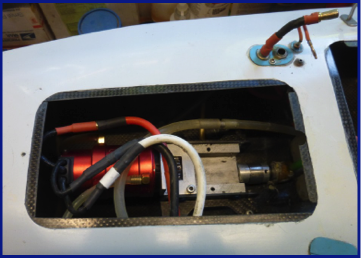
Cooling systems
Most model power boats require a cooling system of some sort to take away excess heat from their
power units so that they can run under optimum conditions. The common media used for cooling
are water and air.
Please click the link below to download a PDF document generously provided by one of our members.
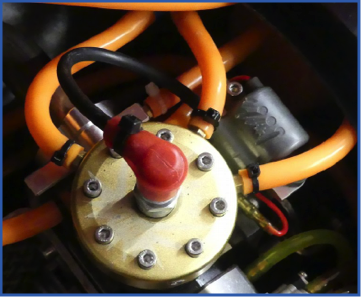
Throttle
The throttle linkage associated with a petrol, or glow, engine transfers the intended servo response
to the carburettor. The design challenge is that the rotational axis of the carburettor throttle arm is
sometimes not in a simple orientation with respect to the axis of the servo arm.
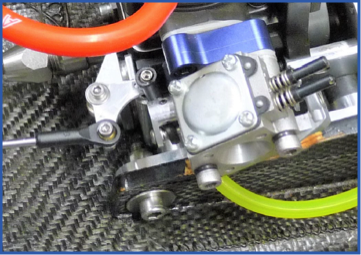
Water
Model powerboats depend on water in one way or another. However, sometimes water can be too
much of a good thing.
Please click the link below to download a PDF document generously provided by one of our members.
